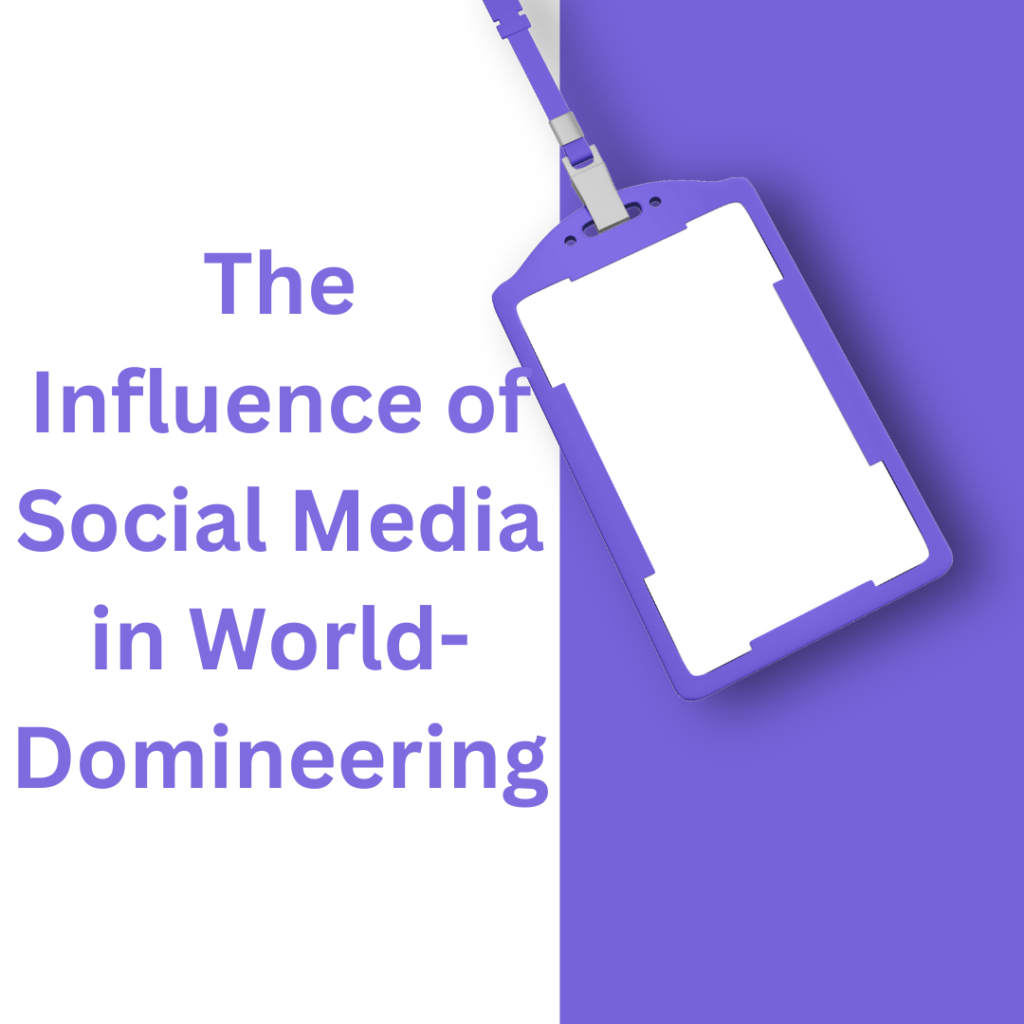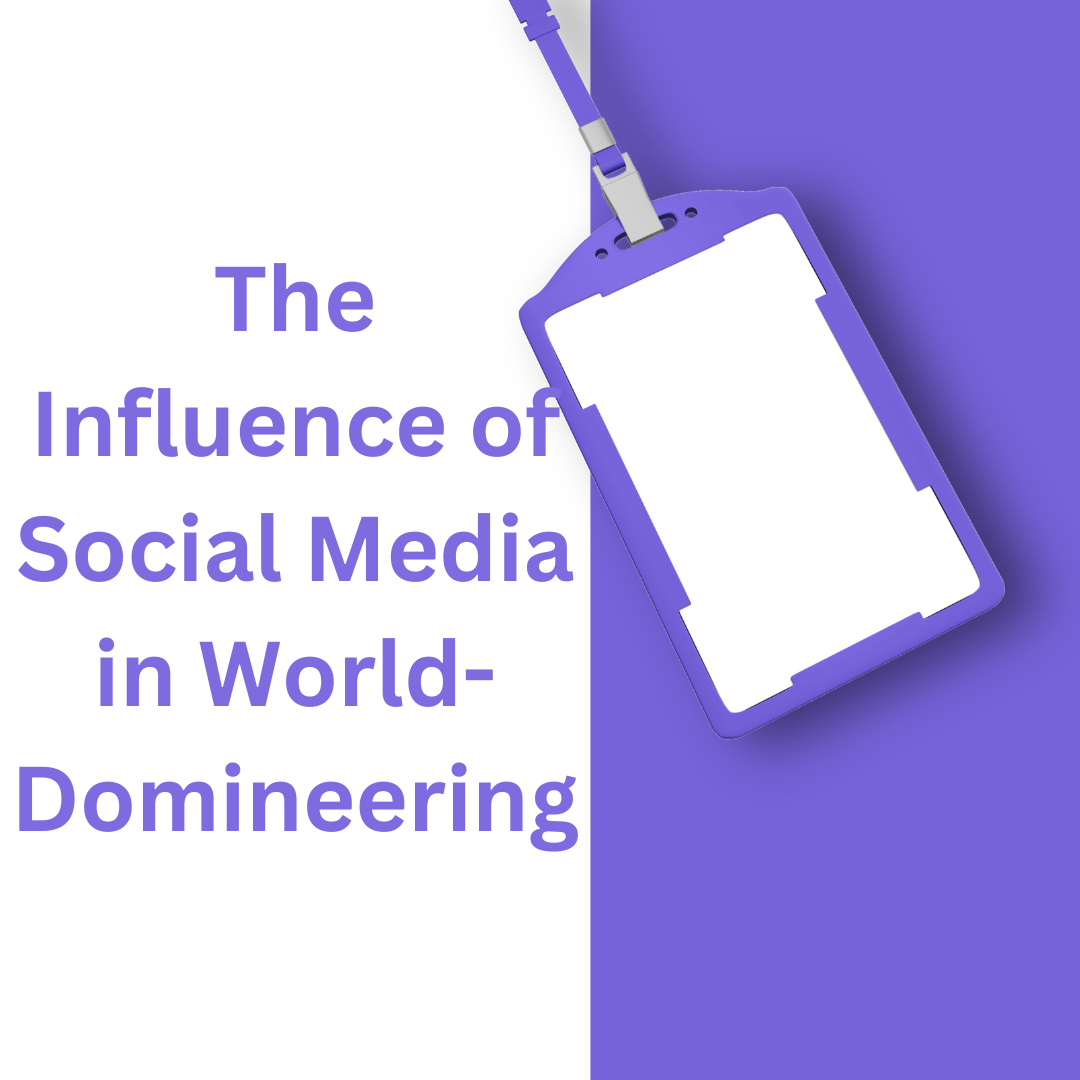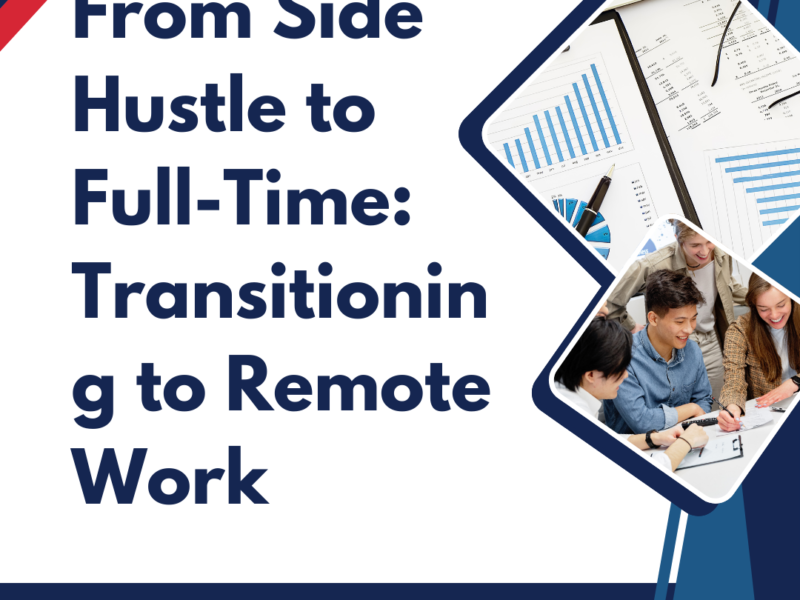The Influence of Social Media in World-Domineering
With Facebook, Twitter, Instagram, and TikTok, everyone has a way to connect with millions of others, share ideas, and partake in conversations that are capable of changing thoughts, behaviors, and even political beliefs. Today, social media happens to be one of the most powerful things in shaping public opinion. It’s become the way through which people receive information, the manner in which brands communicate with consumers, and a new way of social mobilization over the last two decades. The Influence of Social Media in World-Domineering. This article explores the role of social media as an instrument in the expression of public opinion, the ways with which it influences, its positive and negative application potentials, and what citizens, governments, corporations, and activists around the world use it for.
The development of social media is changing people’s relationship with information and with each other; the beginning of this was in the early years of the 21st century when the likes of Facebook, MySpace, and Linkdln gained grounds and started connecting individuals around the world. Today the scope is so broad and the website burgeons into an intricate environment, which offered its user a locale for sharing personal developments, where said locale connects a seam of social networks, educational institutions, entertainment venues, and retail websites.
It is exactly the openness that has brought social media widespread into any kind of audience. About 4.3 billion people are probably now active on social media around the globe. Take Facebook-as an example; as of 2023, it accounts for over 2.9 billion users who are lively and active in the consideration of this whole congregation. These platforms tend to be very wide-reaching; between countries and cultures, they share their ideas, experiences, and views in a way that was unimaginable before. The Influence of Social Media in World-Domineering.
Social media as a Source of Information:
From newspapers, televisions, and radios, the information gets passed through journalists, who act as the gatekeepers, so the news can get planned properly. However, social media has democratized the dissemination of information. Today, everyone knows that with an internet connection, one can become the newsmaker: share news, ideas, and opinions without going through traditional media outlets. This has had both positive and negative consequences.
On the bright side, social media has allowed people to have real-time updates on diverse opinions. In most catastrophes, political protests, and global calamities, many events can be witnessed live with firsthand accounts from social media but not from the traditional forms of media. During political uprisings or protests, for example, Twitter has proved to extensively contribute to the distribution of information and organizing movements, such as in the case of the Arab Spring.
Disadvantages worth mentioning should, however, not be forgotten. The most serious problem faced by the world today is the distribution of information, which has been proved by the existence of “fake news.” Since anybody can publish what is not true on social media, they can copy content, and it can spread rapidly without verification. It could be counterproductive to the public opinion and, in some cases, highly damaging. In other words, “echo-chamber” enhances discrimination, that is, a state where users read or hear contents only with ideologies already in their minds.
The role of social media in shaping political opinion One of the first effects of the presence of social media upon public opinion would be the making of politics. Social media may be referred to as the interactive medium that would now engage political campaigns, govern policies, and public debates, all being enacted by the social media discussion it generates. Politicians and political parties across the globe share mutual adoption of social media as an instrumental tool for their communication strategies.
It became apparent during the 2016 U.S. presidential election that social media had an important bearing on political opinion formation. Social media used not only for broadcasting political agenda but to persuade people with targeted ads, fake news, and controversial stories. Considerations on public privacy and digital campaign ethics have been raised about social media data of candidate profiling and micro-targeting offered by political parties. The Influence of Social Media in World-Domineering.
With platforms such as Twitter and Facebook, political figures from Donald Trump to Narendra Modi circumvent. The traditional media filters and directly communicate with their supporters. Strongly galvansized movements to a different pitch of policy advocacy happen to be featured on them. Whereas, in some cases, social media is said to disinformation and manipulation.
It also includes the role of social media in the rise of populism and the disintegration of traditional party politics. Making it easier for political leaders to communicate with the populace directly has changed outsider candidates and movements, enabling them to gain some popularity and challenge political
elites. This development shows very clearly in most of the populist movements across the world, from. The Brexit referendum to electing populist leaders such as those in Brazil, Hungary, and the
Philippines.
Controversies of Social Media and Activism
The instrumental role which social media played in the activism and advocacy of the marginalized groups and social movements to defy the noise of a silenced voice is well-known. Examples of how instrumental social media has been are: compiling protest actions, raising awareness of issues related to social injustices, and advocating for changes in society. Movements such as #BlackLivesMatter, #MeToo, and climate change activism have widely used social media.
For instance, the #BlackLivesMatter movement which started as a hashtag in Twitter turned into a nation in America and then an international movement advocating racial justice and police reform. Social media provided a platform for activism to share their stories, organize protests and mobilize global outrage on a scale previously unprecedented. The same phenomenon also happens with #MeToo movement, which started as an issue publicized through social media towards sexual harassment and then led to significant cultural turnarounds in workplaces and even within entertainment.
Online activism is very great but not without challenges. Critics came up with a term slacktivist- an internet activist who claims to take up clicking and liking every activity but on the ground level will remain silent. There are numerous online participatory activities in terms of social justice such as liking, sharing, and commenting without showing a tangible difference in the society where they live. Add to that, anonymity in social sites initiate actions such as online harassment and trolling, which are further detracting from the power of movements. The Influence of Social Media in World-Domineering.
Social Media in the Consumer Behavior and Brand Perception
Social media has not only been the catalyst in political and activist expression. But has also changed its course to consumer behavior and perception of brands. Social media has been a common source among consumers for recommendations, reviews, and even product information. This change has been realized in the way customers interact with brands as well as market their products propped. By those informal recommendations-who happen to be influencers, bloggers, and content creators.
The most popular trend in social media advertising today is influencer marketing. These are individuals who have developed an astonishing following in social networking sites. Such as Instagram, YouTube, and TikTok, and are then paid. By a business to market its products and services to them. There is enough evidence that is presenting the point of view. That consumers seem to trust recommendations from influencers more than such advertisements. Indeed, it is a strong and successful tool for brands.
On the other hand, social media has continued to make brands accountable. A small piece in cyberspace or a reaction of this nature will lead to negative buzz about a company. Where all possible media will as well buttress the company to react publicly to backlash. This has clearly brought another dimension into the business world that now governs. Wow businesses will create and manage a presence online. In social media responses to customer concerns in order to maintain a positive company image. Thus, as a result, companies like Starbucks and Nike have actively embraced using social media for customer engagement and promotional messages with inclusivity-all of which drive up sales. Mistaken messages, whether marketing insensitivity or customer service failures, are now the quick way to backlash followed by damage to reputation.
Social Media Effects on Society and Psychological State
Despite the accolades given to social media for connecting people all over the world. There arise voices claiming that it has psychological and societal implications. There has also been a lot of example. Where it is shown that the higher the frequency of usage of social media. The greater the chances of developing anxiety, depression, loneliness, etc. On the other hand, social media showcases what people lead their lives by means of ideal portrayal. Which creates inferiority or dissatisfaction among. Its users by comparing their non-ideal lives to the model lives in the online spaces.
Additionally, there comes the bombardment of information and its opinions to provide an overload of information; it also provides a decision fatigue phenomenon. Which leads to the same daily repetition for the other users. And there seems to be no end to that for each day, making it difficult to process.
Social media has increased social polarization as well. There are echo chambers on the Internet. In which people get exposure to only views that are similar to their own. This sows the seeds of further division in a community. Social media political and social debate conflates very quickly. Into a confrontation without giving people a space for discussion and debate. Hence the growing fears about the role social media is playing. In further widening societal divide and breeding radicalism have prompted a great deal of concern.
Regulating Social Media: An Emerging Challenge
From the standpoint of public opinion and its potential manipulation thereof, social media is one form of gathering momentum. That is generally increasing pressure on governments, tech companies, and civil society actors. Problems such as misinformation, hate speech, invasion of privacy, and foreign. Interference in elections have sparked discussions around stronger regulation of social media.
Government responses around the world include the efforts listed below in regulating the use of social media. In the European Union, for example, the General Data Protection. Regulation came into law to protect users in respect to privacy and their data. On similar lines, countries like Australia and the United Kingdom are proposing new laws to curb online abuse. Render social media companies responsible for the content on their platforms.
As an example, Facebook and Twitter have rolled out initiatives to deter misinformation, label false claims, and fact-check. Critics regard these measures as woefully inadequate and argue. That social media companies should do far more to combat the proliferation of harmful content.
Conclusion: The Trajectory of Social Media and Public Opinion
With the advent of social media, new pathways opened up for hitherto. Different kinds of communication and information and opinion sharing. The sheer power of social media to shape public opinions worldwide, affecting anything-from politics. Social movements, consumer behavior, and brand perception-is undeniable. Yes, at the same time that social media promises greater connect and participation opportunities, it is also a serious challenge. Which takes the form of misinformation, formation of echo chambers, and psychological effects.
Continuing with this fast-evolving social media scenario, individuals, organizations, and governments must considet. The effective means to traverse the arcana of social media development. The evolution of social media will probably see that balance. Between free speech and regulation so that safety measures protect users from doing direct or indirect harm. As users are becoming increasingly aware of the potential power of social media to influence people’s opinions. Social media for themselves and the current generation as well.
Over public opinion will increase and that one’s role in shaping. The world one lives in will be more central. This process for the foreseeable future, whether for good or bad. Number-it is hard to overestimate social media’s power.


